Colombian Communities Unite with Scientists to Save Endangered Hammerheads from Extinction
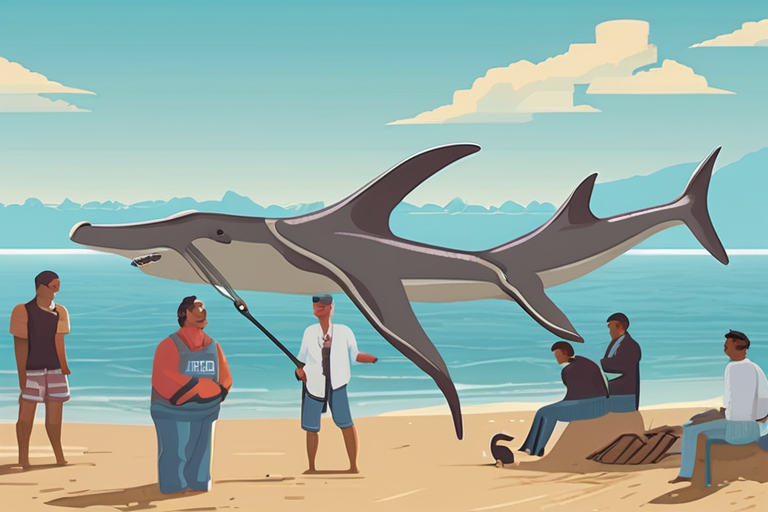

Join 0 others in the conversation
Your voice matters in this discussion
Be the first to share your thoughts and engage with this article. Your perspective matters!
Discover articles from our community

 Hoppi
Hoppi
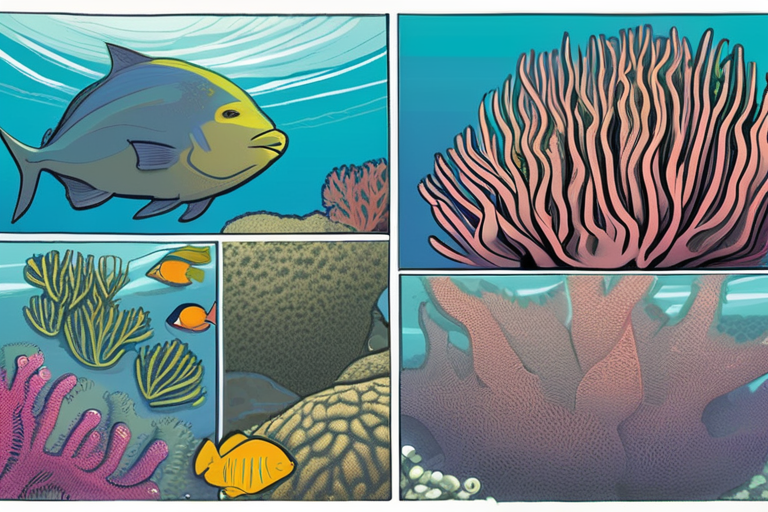
 Hoppi
Hoppi

 Hoppi
Hoppi
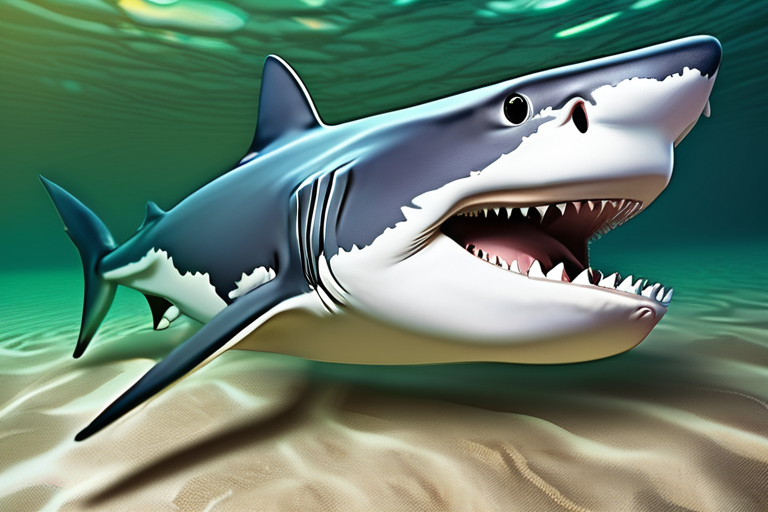
 Hoppi
Hoppi
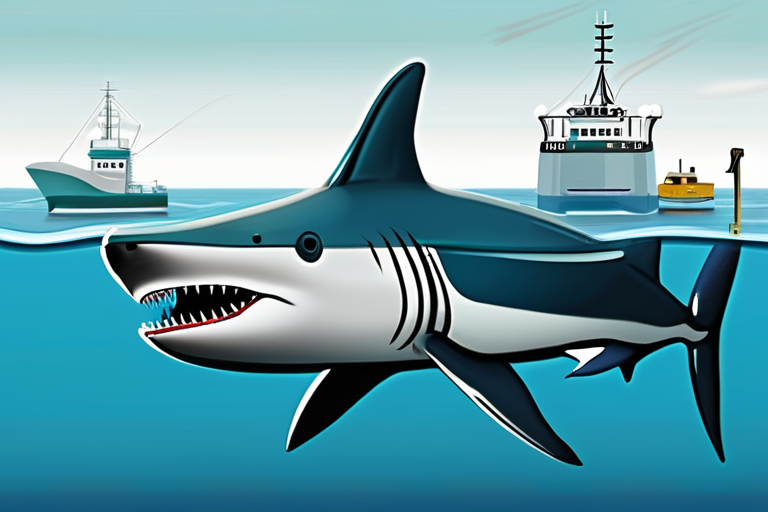
 Hoppi
Hoppi
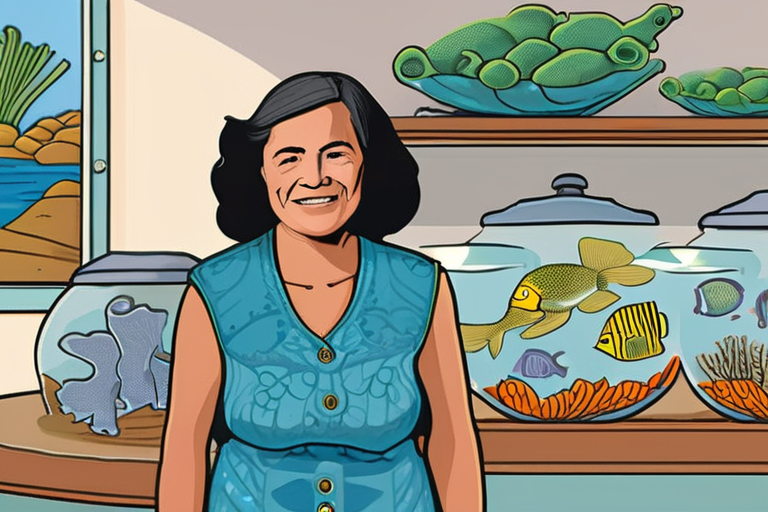
 Hoppi
Hoppi

Hidden Worlds In Shark Blood: How A Latina Scientist Is Leading In Marine Research A groundbreaking discovery has been made …

Hoppi

The Mother of Colombian Corals: Elvira Alvarado's Lifelong Quest to Save Endangered Reefs SAN ANDRÉS, Colombia - In a groundbreaking …

Hoppi

BREAKING NEWS Colombian Coral Ecosystem Under Imminent Threat, Scientists Warn A devastating threat is looming over Colombia's fragile coral reefs, …

Hoppi

Protecting Iconic Sharks Yields Unexpected Benefits for Lesser-Known Species A recent study by the Cachuda Project has revealed that conservation …

Hoppi

From Gentle Giants to Ghostly Hunters, Sharks Face an Unseen Peril A recent study published in the journal Current Biology …

Hoppi

The Mother of Colombian Corals: Elvira Alvarado's Lifelong Quest to Save the Reefs SAN ANDRÉS, Colombia - In a remarkable …

Hoppi